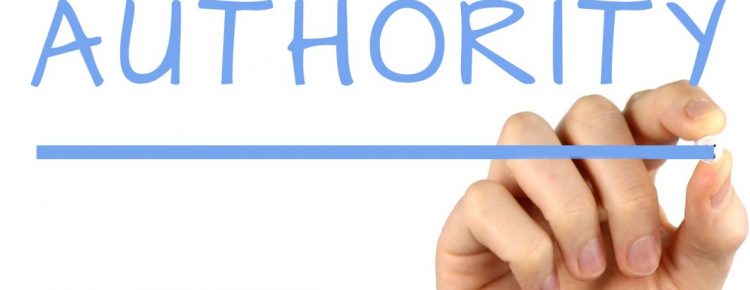Today’s Gospel is all about authority. Twice, people were amazed by Jesus’ authority – once in the Synagogue and again after Jesus heals someone of an unclean spirit.
Before thinking about authority, let’s just think about what this ‘unclean spirit’ might mean. We will probably never really understand what this was all about, but the instances in the Gospels seem to refer to some kind of mental or physical illness which caused raging or paralysis, and sometimes seem rather like epilepsy. The understanding of the world in the time of Jesus was that it was very demon-haunted. This might seem far from our beliefs today, but we still live in a world where people are haunted by worry, anxiety, depression and insecurity. Around 6000 people take their own lives every year in the UK – people are still ‘haunted’. So, in many ways Jesus’ world was not so different from our own.
The important thing for us to see is that Jesus used his authority to help and heal people who were at the mercy of conditions over which they seemed to have no control. And it is this use of authority which I want to consider today.
Everyone in church today has authority in some way. Accompanying an elderly lady, recently, in a move from her own home into residential care showed me clearly how much authority we have even by having a home and choices about simple things like what we eat and when, how we use our time, what time we go to bed, where we sit, what we wear. This self-determination is part of our authority – and giving it up to put yourself almost completely into the hands of others is a tough thing to do.
Consider something simple like this. You have guests over for a meal or for a drink. Politely they ask if they can help with the washing up, and, of course, you say no. This is a formulaic social transaction – they’re expected to ask and you’re expected to say no unless you’re 8 ¾ months pregnant or have a broken arm. But this social transaction puts people in positions – so you’re the homeowner and they are guests – you’re in your sphere of authority. This is seldom thought about – and that’s the trouble with authority – we often don’t realise we’re using it.
Transfer that same situation to a public space and things become more difficult. It’s so very easy for someone to ask ‘can I help’ and for us to say ‘no – it’s OK’. What’s happening to authority here. The person who says ‘No, it’s OK’ might think they’re being polite, but what is their reply saying about their ownership of this ‘public’ space. The person whose offer is rejected may well feel excluded from an almost invisible hierarchy.
This is something we need to consider here at St. Oswald’s – we seem constantly short of volunteers. But just maybe this is not because people are unwilling to help, but because the people who are asking for help aren’t thinking clearly about their place in an invisible hierarchy, or how they use their authority.
The trouble with volunteers is that they ‘don’t do things like we do’. You will know all about this if you’ve ever watched with itching fingers as a child learns a new skill: getting dressed – jumper on back to front and inside out: cleaning teeth – toothpaste all over the bathroom and the child’s pyjamas. But we have to go through this or the child will never learn to be independent. If you think about this carefully, this is an excursion into authority – one day the child will say ‘It’s OK mummy, I can clean my own teeth now’ – and at that time the child has made a step into having their own authority and self-determination.
People learn by doing things, and being allowed to get on with things. OK, sometimes we have to warn people of dangers or tell them about technicalities. But we have to let people get on with things, even if they do things differently to how it’s been done before. Again, this is about authority – who is in charge of this space or this activity? – how is authority being used?. It is people doing things differently that brings life and enables us to consider new things.
Think about Jesus. He constantly challenged closed systems of authority and allowed others in. Those ‘in authority’ didn’t like it – their line, to quote Basil Fawlty was ‘no riff-raff here’. But Jesus’ message to those on the outside was clear – you too have a place, you are no longer excluded, you have authority. And this was possible because Jesus never kept his authority for himself – he always used it to include, to welcome, to heal.
So, how will use your authority this week. Will you use it to fend people off? Or will you use it to include, to welcome, to set free?

